On August 4, 2021, USDA’s Animal and Plant Health Inspection Service (APHIS) issued a Federal Order establishing additional requirements for dogs imported into the US for resale from countries where African swine fever (ASF) exists. The new requirements took effect immediately. Per the USDA, the number of dogs being imported for resale from ASF-affected countries is growing, and APHIS took this action to continue its efforts to protect the domestic swine industry against this devastating disease.
This USDA APHIS effort was lauded by US swine industry organizations that raised the issue and worked cooperatively to encourage the tightened regulations. “Each year, several thousand dogs enter the country for resale or adoption,” National Pork Producers Council (NPPC) Chief Veterinarian Liz Wagstrom said. “If even one of these animals carried ASF into the country, it could put the US swine herd and other livestock in jeopardy and have disastrous consequences for our nation’s agriculture sector.”
Credit goes to the swine industry organizations for their response to the issue of dog imports from ASF-affected countries, first noted in mid-2019 and again in early 2021. “The swine industry raised this issue and provided the necessary data and support to encourage a regulatory change. There was no recognition at either the federal or state level that this was going on or the frequency with which it occurred. There was no tracking of these dogs, veterinary evaluation, quarantine, follow up, or effective monitoring due to lack of livestock health related regulation,” commented Harry Snelson, DVM, executive director of the American Association of Swine Veterinarians (AASV).
The Swine Health Information Center (SHIC) joined NPPC, AASV, and the National Pork Board (NPB) to increase awareness with USDA officials. “This outcome is a great example of the pork associations identifying a foreign animal disease entry risk and the state-federal-industry cooperation that had to happen to close a possible FAD pathway of entry into the US. The whole US pork industry is grateful for this final, decisive step,” stated SHIC Executive Director Paul Sundberg, DVM, PhD, DACVPM. The American Veterinary Medical Association (AVMA) also joined in the effort to encourage USDA rule changes.
“The issue of importation of dogs from ASF countries highlighted a gap in biosecurity. To identify the issue and then take action to address that gap was important to strengthen protection against ASF and other foreign animal diseases,” said Lisa Becton, DVM, director of swine health at NPB. “Having industry highlight this risk was important because it helped to address gaps in the methods used to track these imported dogs. The industry groups helped to home in on this risk and to focus actions to directly address this risk.”
The swine industry recognizes the delicate balance this situation demands given some imported dogs are being rescued from the meat trade in China. However, the process presented a great risk to animal agriculture that needed to be addressed. “This was a legal activity that allowed the uncontrolled introduction of animals and materials derived directly from some high-risk countries and high-risk venues within those countries (such as wet markets) into the US where the further distribution of the animals was unmonitored and unrecorded and the management of potentially contaminated materials was unregulated,” Dr. Snelson observed.
While Dr. Wagstrom said the potential for dogs to introduce ASF into the US swine herd a low likelihood, she noted the catastrophic consequences. “The probability of an imported dog carrying swine blood or manure contaminated with AFS to a US farm – or contaminated bedding from international transport finding its way to landfill where wild pigs could be exposed – might not be high, the impact would be devastating,” she explained. “We would lose all of our export markets, leading to tremendous losses across the pork industry.”
In its announcement, USDA stated said it continues to work with a wide range of partners, including the swine industry, producers, other government agencies, and neighboring countries to keep ASF out of North America. Drs. Becton, Snelson, Sundberg, and Wagstrom all expressed thanks to the USDA for their response to the issue. “This effort highlights the important close working relationship between the swine industry and our federal and state partners to identify and address these risk areas,” Dr. Becton said.
SHIC, launched in 2015 with Pork Checkoff funding, continues to focus efforts on prevention, preparedness, and response to novel and emerging swine disease for the benefit of US swine health. As a conduit of information and research, SHIC encourages sharing of its publications and research. Forward, reprint, and quote SHIC material freely. SHIC is funded by America’s pork producers to fulfill its mission to protect and enhance the health of the US swine herd. For more information, visit http://www.swinehealth.org or contact Dr. Sundberg at [email protected].
Copyright 2025 | Swinehealth.org | Website by Heartland Marketing Group